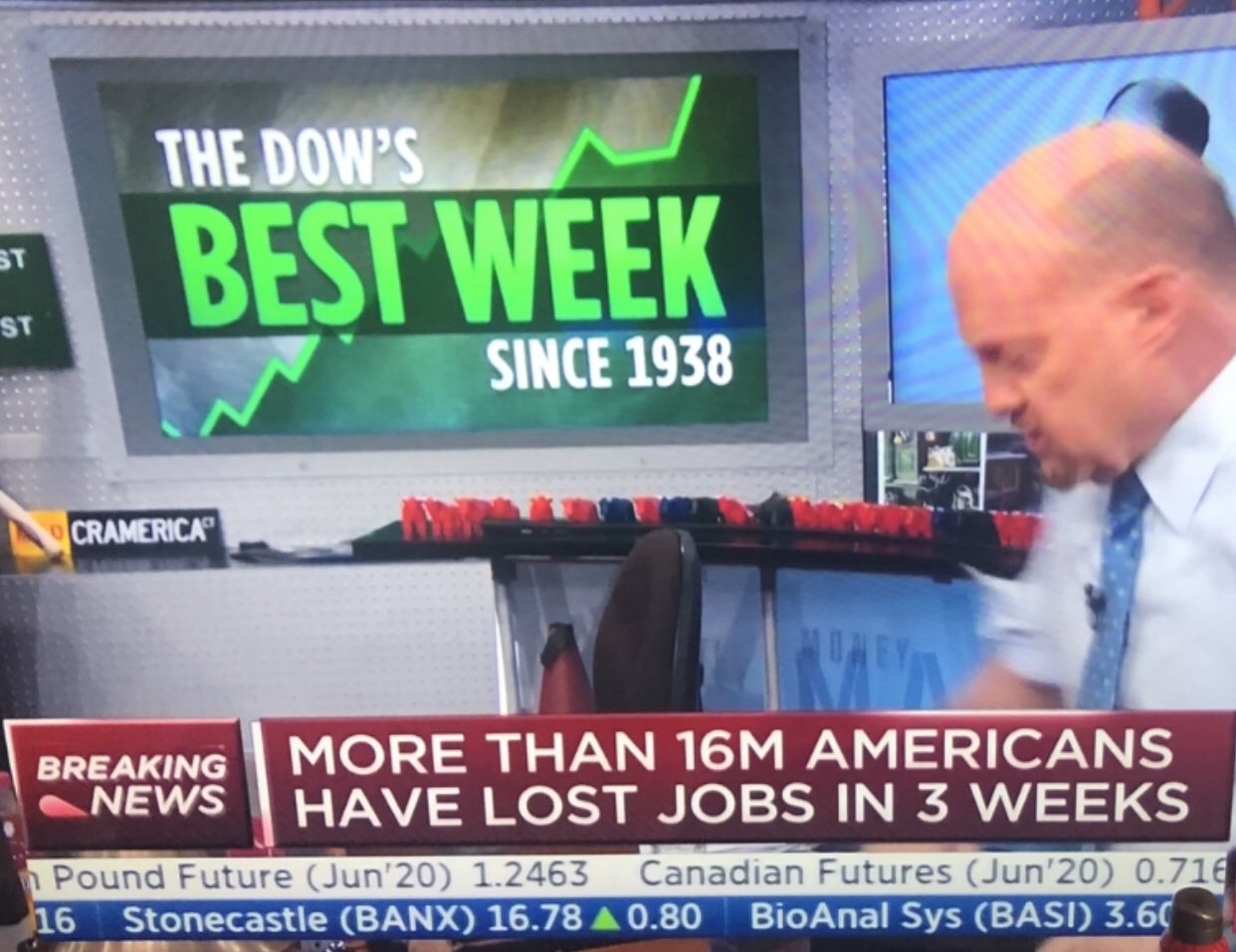There are different factors:
(1) For Sweden, can you rely on an informed population to take precautions and mitigate the effects of a new viral epidemic while health authorities test and treat patients without overloading the health system?
(2) For other countries, does a government imposed lockdown imposed AFTER the epidemic is widespread sufficiently lessen the impact of the virus in comparison to relying on people and businesses to take precautions.
No matter how much worse it could have been in New York, it was terrifically bad even with the lockdown and a lot of that is due to the government response. So New York not only got the worst hit in the epidemic, it also had to basically gut its economy to do anything about it.
Here in CA, we did a lot better, but we’ll still have to be locked down at least until May 15, probably, and after that recovering through a deep economic setback. Honestly, I think there is a likelihood that with more of a South Korean targeted testing approach, economic activity could have continued with both lessening the severity of the recovery period in the future and allowing better allocation of resources to fighting and isolating the pandemic.
It hasn’t been the failure of individual responsibility that let the virus get so bad. It was the failure of the governments to strategically get in front of it. Sweden is not really the best example of avoiding a shutdown, South Korea is:
How South Korea Reined In The Outbreak Without Shutting Everything Down
But South Korea has another distinction: Health experts are noting that recently the nation has managed to significantly slow the number of new cases. And the country appears to have reined in the outbreak without some of the strict lockdown strategies deployed elsewhere in the world.
“We’ve seen examples in places like Singapore and [South] Korea, where governments haven’t had to shut everything down,” said Mike Ryan, head of the World Health Organization’s Health Emergencies Programme. “They’ve been able to make tactical decisions regarding schools, tactical decisions regarding movements, and been able to move forward without some of the draconian measures.”
Speaking this week to journalists, Ryan said that countries that have tested widely for the virus, isolated cases and quarantined suspected cases — in the way that South Korea and Singapore have done — have managed to suppress transmission of the virus. President Trump has also praised South Korea’s handling of the health crisis and even asked President Moon Jae-in for help with medical equipment to fight the outbreak in the United States.






